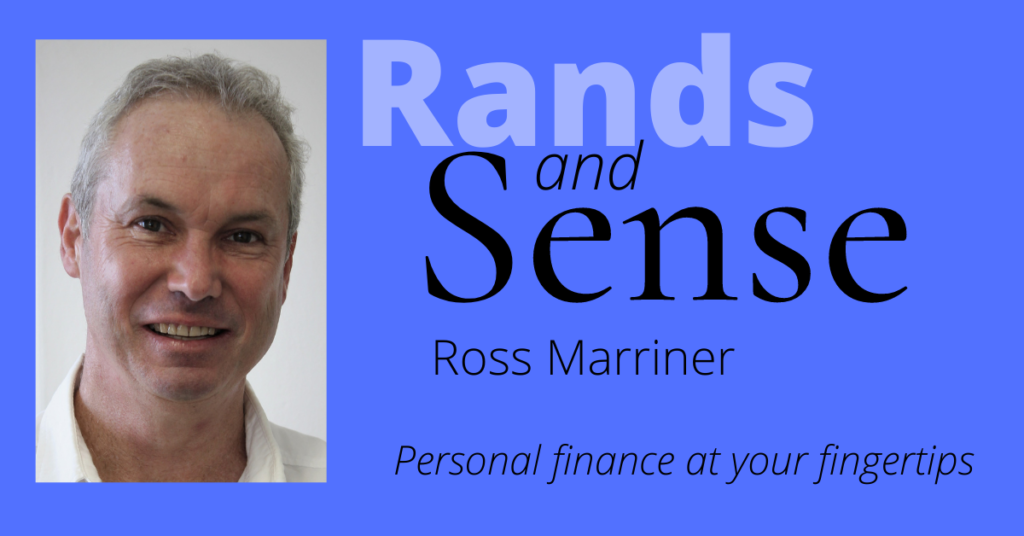By Ross Marriner
I have often been asked the question – “When is the best time to start investing?” The answer is – from the day you started earning an income. The next best time to start investing is right now. The sooner you start investing in growth assets such as unit trusts, pension or provident funds, offshore investments, bank savings accounts or retirement annuities, the more likely it will be that you will enjoy a comfortable retirement. Trying to “time the market” is a futile exercise as nobody has ever done this successfully and consistently over multiple business or stock market cycles. You should avoid listening to all the “noise” associated with investing, as this often results in an investor buying investments when the price is high and selling when the price is low. Instead of listening to people discussing investments around the braai, a far more sensible approach would be to seek the counsel of someone more experienced in these matters in order to grow your wealth.
The younger you are when you start saving or investing, the more likely it will be that you will achieve your financial goals. This is because when you invest even small amounts for long periods of time, a very important financial concept immediately starts to work for you. This concept is known as compounding. Although he probably did not actually say these exact words, Albert Einstein is widely reported to have referred to compound interest as “the most powerful force in the universe” and the “eighth wonder of the world.”
The way it works is that interest earned on the initial investment is added to the original investment. This greater amount (investment plus interest) again earns interest, and so on—thereby earning interest on interest as well as on the actual amount invested. The benefit of compounding interest and starting to invest from an early age can best be illustrated by an example. Two investors both wanted to end up with R9 million when they retired. The first started investing at age 20 and invested R500 per month. The second delayed investing until age 35. He had to invest R 2500 (five times more than the first investor) in order to achieve the same outcome.
The sooner you start to invest in a plan that is appropriate for your needs, the greater the impact that compound interest and market returns will have on the ultimate value of your investment. Over longer periods of time, the amount actually invested could become dwarfed as a percentage of the final value by the compounded returns achieved. The longer you delay investing, the more you will have to contribute in order to achieve your financial goals.
It is never too late to start saving or investing, but it is clear that the earlier you start, the better it will be for you in the long term. A Certified Financial Planner® will be able to assist you in developing a financial plan and provide you with valuable support and guidance along the way.
Rands and Sense is a monthly column written by
Ross Marriner, a CERTIFIED FINANCIAL PLANNER® with PSG Wealth.
His Financial Planning Office number is 046 622 2891


